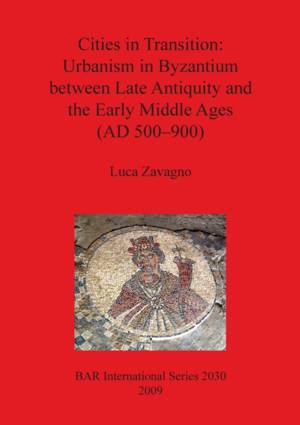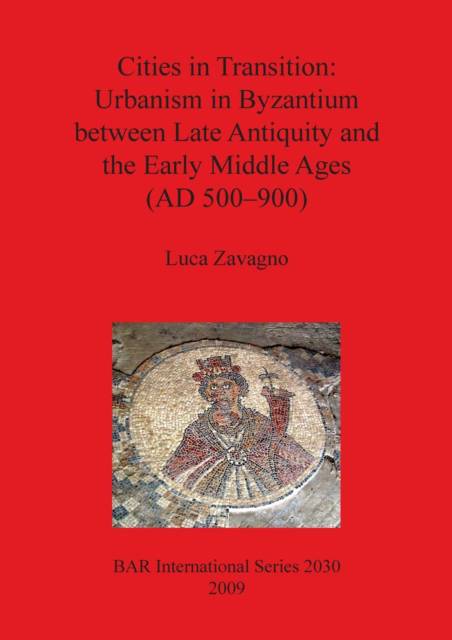
- Afhalen na 1 uur in een winkel met voorraad
- Gratis thuislevering in België vanaf € 30
- Ruim aanbod met 7 miljoen producten
- Afhalen na 1 uur in een winkel met voorraad
- Gratis thuislevering in België vanaf € 30
- Ruim aanbod met 7 miljoen producten
Cities in Transition
Urbanism in Byzantium between Late Antiquity and the Early Middle Ages (AD 500-900)
Luca ZavagnoOmschrijving
In this work the author analyses how the nature and characteristics of urbanism in Byzantium changed between the sixth and the eighth century AD. By use of a multifunctional approach the work offers a methodological path to assess the future contributions of urban Byzantine archaeology and to interpret other possible models of Byzantine urbanism. Focusing on Athens, Gortyn, Ephesos and Amastris, the author gives a detailed analysis of each urban centre in its own regional context (Anatolia, and finally, Italy, and Syria-Palestine), allowing him to draw a regionally nuanced model of Byzantine urbanism that unifies the regional models set out in each case study and helps explain the specific outcomes of Byzantine urbanism from late Antiquity to the early middle ages, taking into consideration the dialectic between coastal and mainland sites and the peculiarities of each geographical area.
Specificaties
Betrokkenen
- Auteur(s):
- Uitgeverij:
Inhoud
- Aantal bladzijden:
- 216
- Taal:
- Engels
- Reeks:
- Reeksnummer:
- nr. 2030
Eigenschappen
- Productcode (EAN):
- 9781407306070
- Verschijningsdatum:
- 10/12/2009
- Uitvoering:
- Paperback
- Formaat:
- Trade paperback (VS)
- Afmetingen:
- 210 mm x 297 mm
- Gewicht:
- 707 g

Alleen bij Standaard Boekhandel
Beoordelingen
We publiceren alleen reviews die voldoen aan de voorwaarden voor reviews. Bekijk onze voorwaarden voor reviews.











